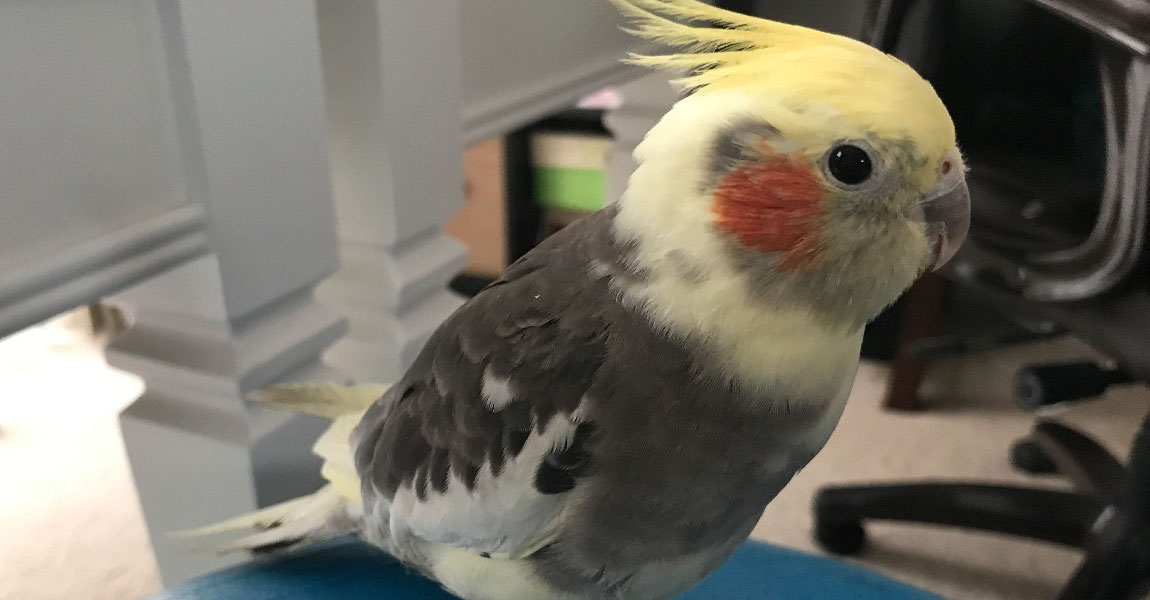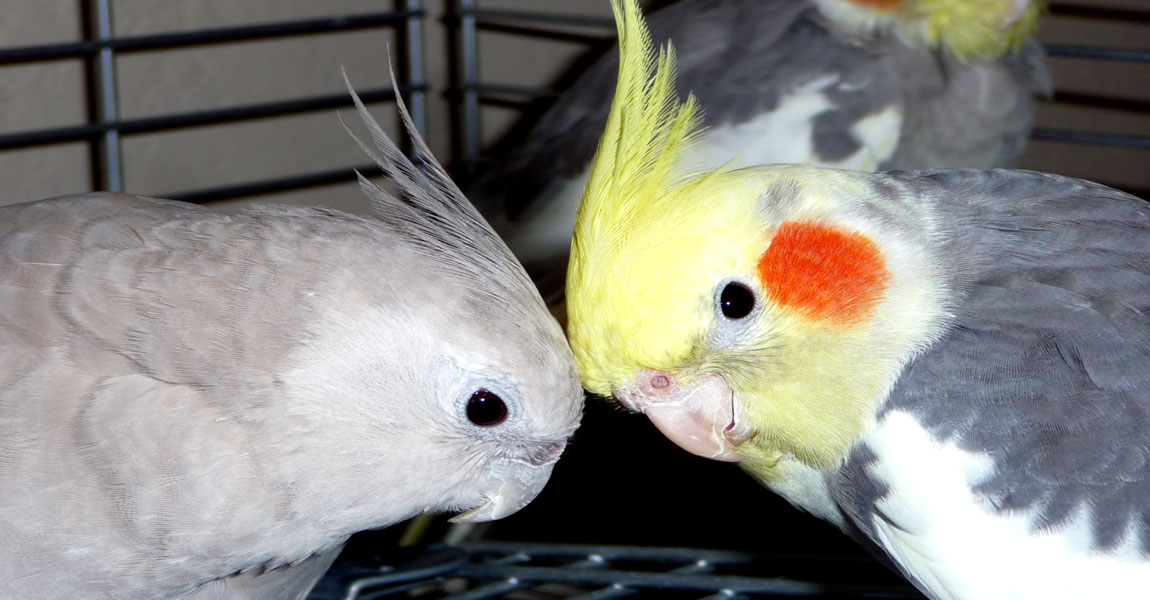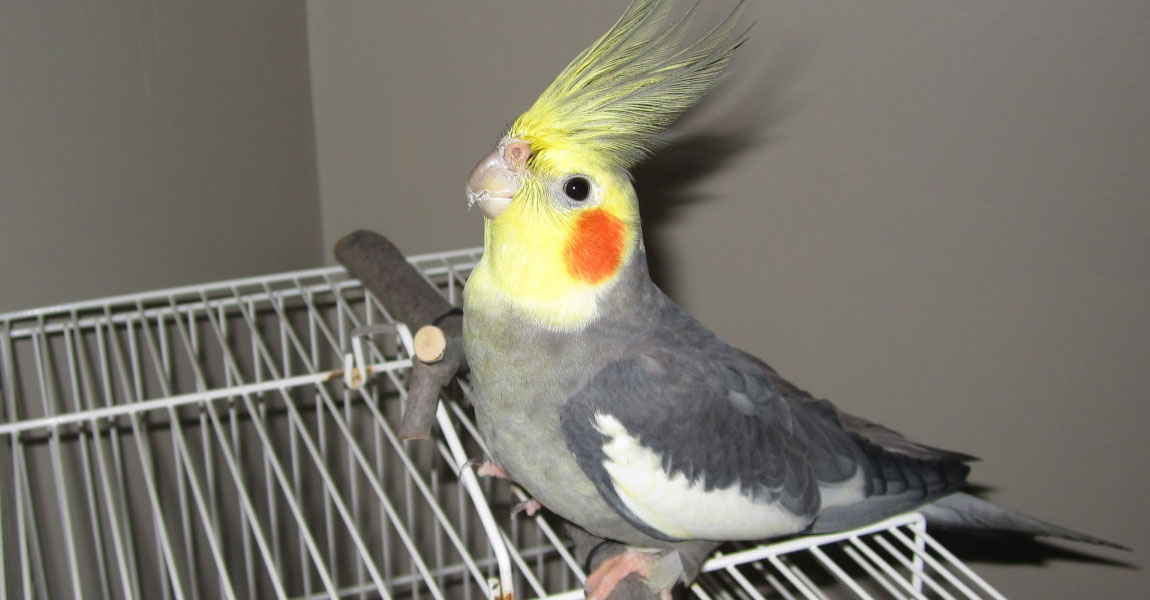Cockatiels are awesome!
Generally, well-socialized birds are gentle and friendly. Some cockatiels enjoy physical contact, lending themselves well to taming. Cockatiels and their owners often develop shared rituals such as petting, scratching and preening. A cockatiel that wishes to be petted will often lower its head or nibble at the owner's fingers to indicate that it wishes to have its head and neck scratched (two places it can't easily scratch on its own), and will emit a low squeak to show its pleasure. Cockatiels which are hand-fed from a young age often enjoy physical contact.
Tamed cockatiels require a consistent few hours of quality time per day with a person or in a person's company and a good night's sleep in an area with very little noise or distractions.
Cockatiels do have a reputation for demanding attention of their owners on a regular basis. Their vocalizations range from soft cheeps to piercing cries.
The cockatiel's lifespan in captivity is generally given as 16 to 25 years, though it is sometimes given as short as 10 to 15 years, and there are reports of cockatiels living as long as 32 years, the oldest confirmed specimen reported being 36 years old. Diet, exercise and companionship are major determining factors.
Please think before you get a cockatiel as a pet, a cockatiel is friend for life.
A cockatiel is not an ornament you put in a cage and you forget about it. They need proper care and most important, time to spend with you.
Fun Facts
Male cockatiels are better at parenting. While the mothers are responsible for hatching the eggs and caring for the newborn chicks, the male cockatiel doesn't fly off and abandon them, either. In fact, they are quite protective of their family, and in the wild, will face much larger birds and predators just to keep them safe. They are also nurturing and affectionate with their young. In cases when the mother cockatiel was killed, or injured, the father quite capably steps in and assumes all the parenting duties.
Cockatiels are extremely social birds. They have a need for social interaction. A single bird will get more attached to its keeper but if you are not at home a lot it is best to get two birds. It is a fact that two birds of the same sex get along just as well as a mixed pair. Even more so if the cockatiels were introduced while they are still young.
As always the information offered here is to provide guidance and is not intended to be a substitute for the good advice provided by your own avian vet. When in doubt always consult your own veterinarian.
Source: Cockatiel.com





